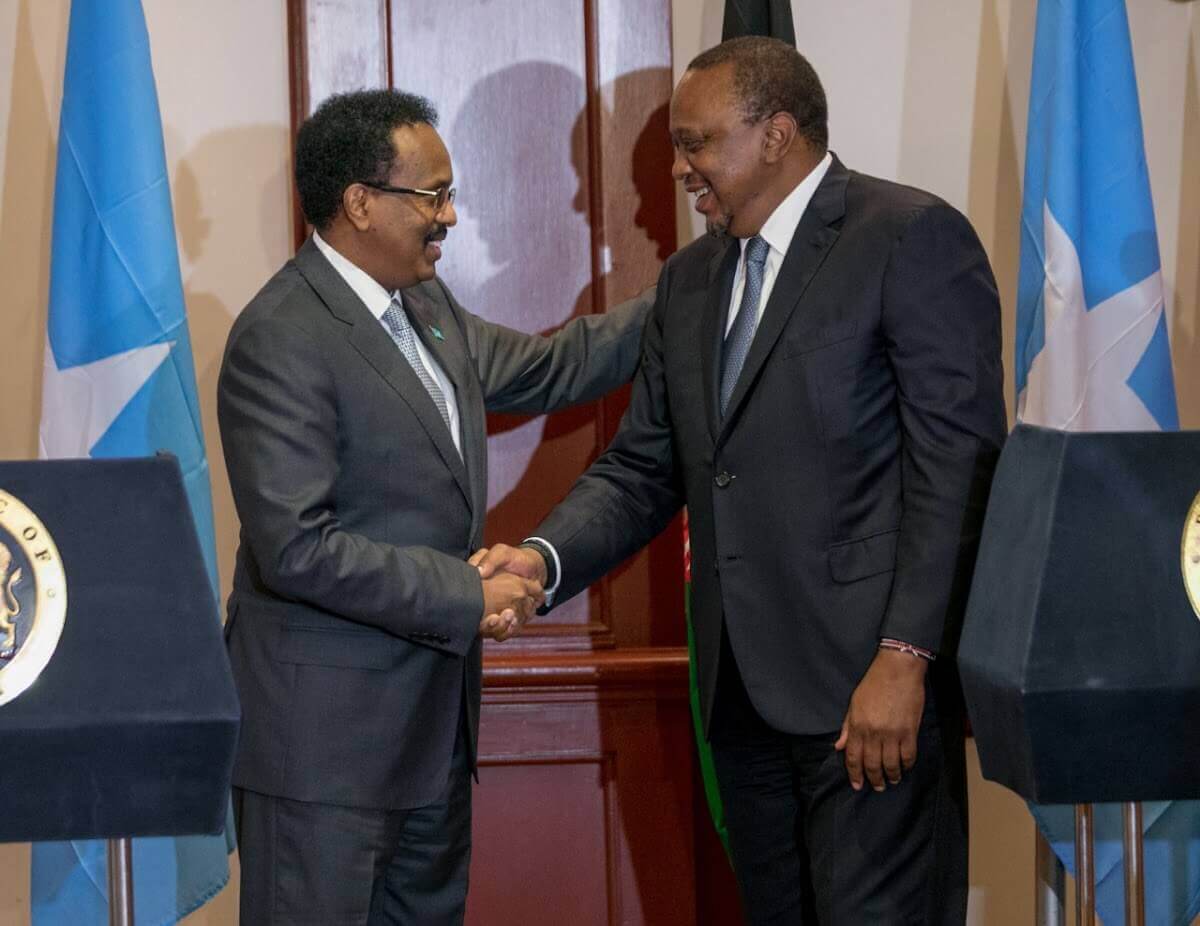On Monday, just days after announcing a resumption of formal diplomatic ties with Somalia following Qatar-mediated talks, Kenya suspended flights to and from Somalia for three months, in an indication that tensions between the two countries still remain strong. As per a statement released by the Kenya Civil Aviation Authority (KCAA), during the suspension period, which will run from May 11 to August 9, only humanitarian deliveries and medical evacuation flight will be permitted to enter Kenya.
Just last Thursday, following negotiations that were mediated by Qatari envoy for Counterterrorism and Mediation of Conflict Resolution Dr Mutlaq bin Majed Al-Qahtani, the Somalia National News Agency (SANA) reported: “The two governments agree to keep friendly relations between the two countries on the basis of principles of mutual respect for sovereignty and territorial integrity, non-interference in each other internal affairs, equality, mutual benefit and peaceful co-existence.”
Furthermore, Somalia’s Ministry of Information said that Mogadishu made the decisions “in keeping with the interests of good neighbourliness.” Along the same lines, Kenya’s Ministry of Foreign Affairs released a statement saying that it “looks forward to further normalization of relations by the Somali authorities including with regard to trade, communication, transportation, people-to-people relations and cultural exchanges.”
On November 30, Somalia recalled its ambassador to Nairobi, Mohamud Ahmed Nur Tarsan, and demanded that Kenya’s ambassador to Mogadishu, Lucas Tumbo, return home, accusing Kenya of interfering in its internal affairs in Jubaland. Mogadishu claims that Nairobi has pressured the leader of the Jubaland state, Ahmed Mohamed Islan Madobe, to reject an agreement that was reached between federal states and the federal government in September.
Two weeks later, on December 15, Mogadishu suspended all diplomatic ties with neighbouring Nairobi over alleged Kenyan interference in both Jubaland and Somaliland. This followed a meeting between Somaliland leader Muse Bihi and Kenyan President Uhuru Kenyatta in Nairobi. Somaliland is a self-proclaimed country that declared independence from Somalia in 1991 but is considered by most international actors and Mogadishu itself to be a part of Somalia. Hence, Kenya’s actions were seen by Somalia as legitimising a separatist group.
However, despite the resumption of diplomatic ties, Mogadishu has since said that it will not remove its ban on miraa trade or engage in further discussions about the countries’ maritime dispute that is currently waiting on a verdict by the International Court of Justice (ICJ).
Somalia then lodged a formal complaint with the Intergovernmental Authority on Development (IGAD), but the regional organisation rejected Somalia’s claims that Kenya was “arming and training militia” along their shared border to attack the Somali National Army. IGAD said in January that following an investigation, there was evidence to verify Somalia’s claims and called on both sides to engage in diplomatic negotiations to resolve their differences.
In March, the ICJ launched hearings for a maritime boundary dispute between Kenya and Somalia over 100,000 km2 of disputed maritime territory in the Indian Ocean. Somalia first filed a case with the ICJ in 2014.
Later that month, Kenya ordered the United Nations to close both of its refugee camps in the country within 14 days, arguing that the camps have become a safe haven for militants from the Somali terror group al-Shabab. One of the camps, the Dadaab camp, houses 210,556 refugees, of whom 202,381 are from Somalia. The UNHCR now has until June 30, 2022 to close the Dadaab and Kakuma camps.
Therefore, Kenya’s decision to suspend flights to and from Somalia on Monday only goes to show that even the cautious optimism that resulted from the resumption of diplomatic ties last week may have been misplaced.
Kenya Suspends Somalia Flights Just Days After Resuming Diplomatic Ties
Just last Thursday, following negotiations that were mediated by Qatari envoy Majed Al-Qahtani, the two countries resumed diplomatic ties after severing them back in December.
May 12, 2021

Somali President Mohamed Farmaajo (L) and Kenyan President Uhuru Kenyatta SOURCE: PSCU
